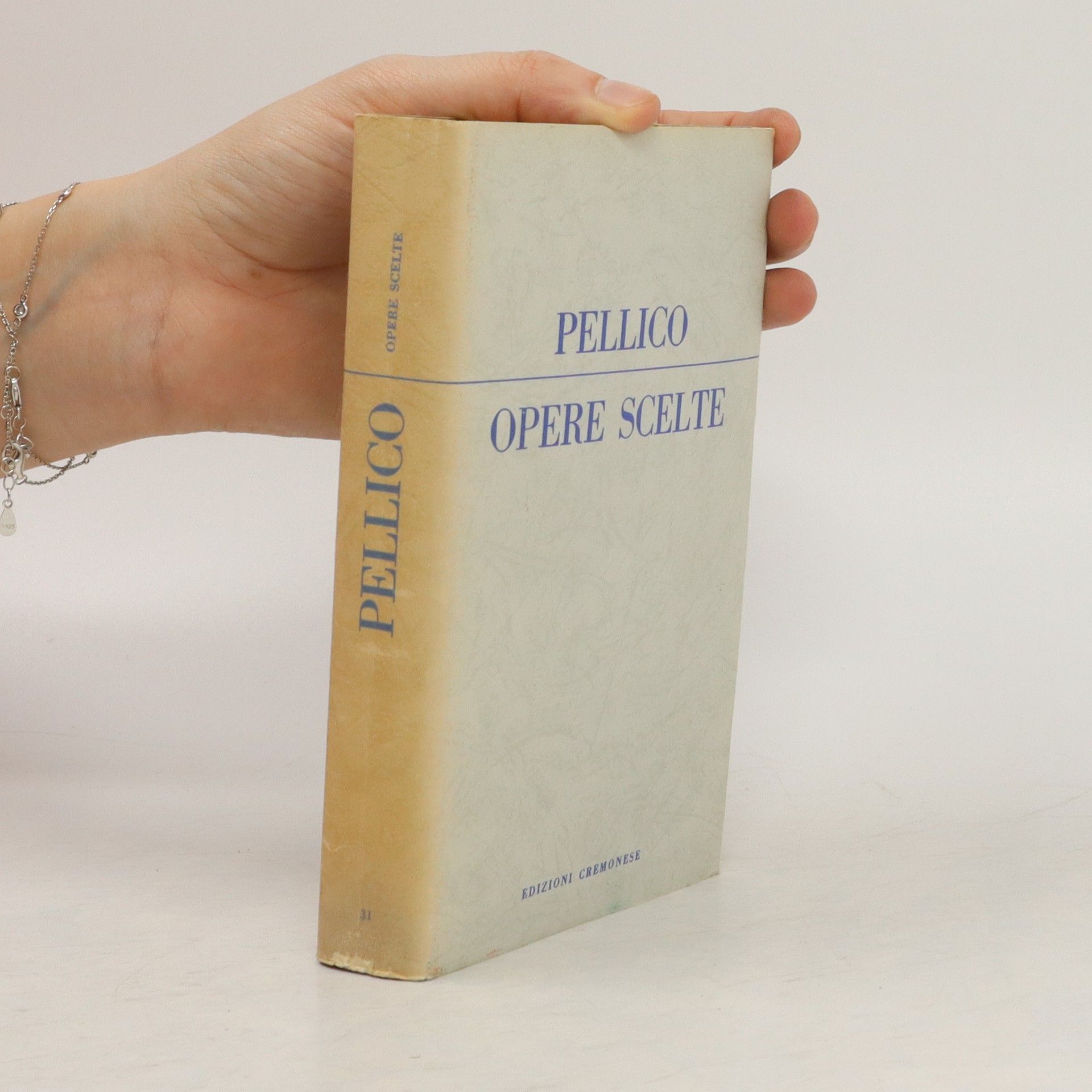Na stránkách tohoto komiksu se odehrává dramatické dobrodružství Silvia Pellica v hrůzném habsburském vězení, které zároveň obsahuje historické poznatky o piemontském vlastenci a italském Risorgimentu vůbec, které tak rozšiřují znalosti o společensko-politickém procesu, jenž vedl ke sjednocení Itálie v roce 1861. Italsko-české vydání. V rámci kulturní výměny spolupracovali na několika dalších ilustracích k tématu knihy také tři mladí rakouští ilustrátoři: Zoe Hamail Estermann, Bianca Frank a Raphael Korb. Není určeno k prodeji.
Silvio Pellico Knihy
Silvio Pellico byl italský spisovatel, básník a vlastenec, známý především jako autor díla Mé vězení. Jeho literární tvorba se zaměřuje na hluboké osobní reflexe a duchovní proměny, často inspirované jeho zkušenostmi. Pellicův styl je charakteristický svou upřímností a melancholickou introspekcí. Dílo Mé vězení nabízí nadčasový pohled na lidskou odolnost tváří v tvář útlaku a hledání vnitřní svobody.







This publication focuses on making historical works more accessible by using large print, catering specifically to individuals with impaired vision. Megali, the publishing house behind this initiative, is dedicated to preserving original texts while enhancing readability, ensuring that important literary and historical content remains available to a broader audience.
Silvio Pellico usciva dallo Spielberg nell'agosto del 1830, Le mie prigioni furono pubblicate nel novembre 1832. La distanza di tempo è importante per capire il clima da cui nasce il libro: un clima di "vitalità" che è divenuta tutta interiore, ma anche un clima di assoluto isolamento, a cui Pellico è relegato, come dice, dal "sospetto dei politici" e dal "timore dei benpensanti". C'è dunque ne Le mie prigioni - sicuramente - la tentazione dell'autore a erigersi a monumento, sia pure modesto, di farsi modello di precetti austeri. Ma c'è anche in esse l'affanno di un "povero cuore": una fragilità che rende tormentosa (e pericolosa) a lui la "solitudine continua", che gli fa nemica "l'immaginativa" e persino la più semplice memoria degli affetti. In questa verità di un movimento interiore, che ha poi sulla pagina una sua intensa proiezione figurativa, può essere letto oggi questo libro, a più di centocinquant'anni dalla sua prima pubblicazione.
Le mie Prigioni. Dei doveri degli uomini
La vita e le opere di Silvio Pellico